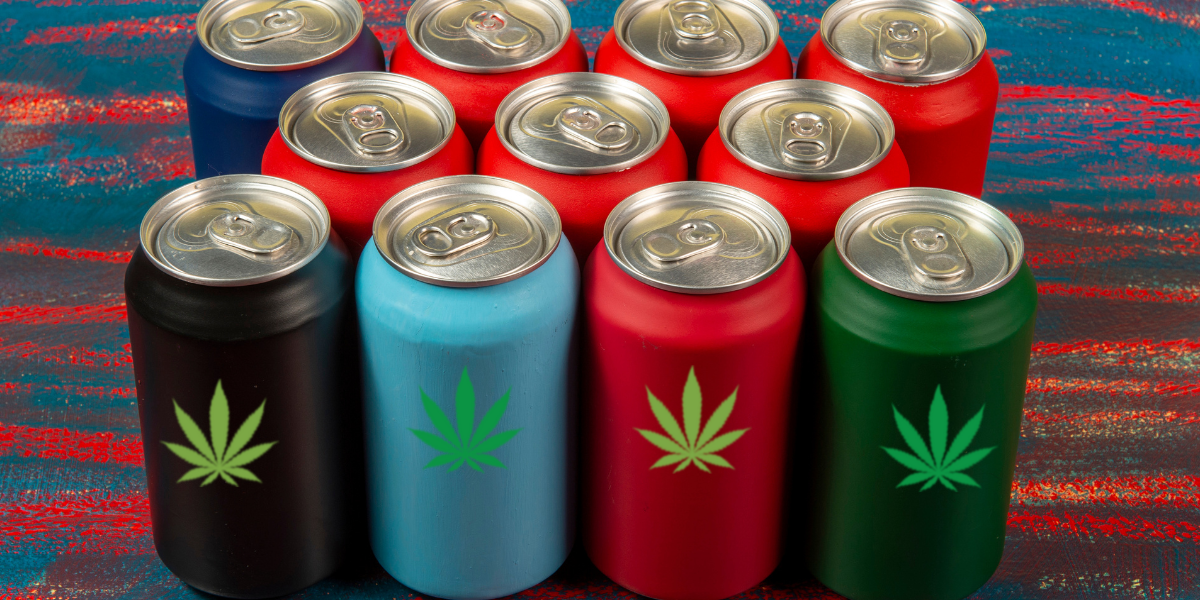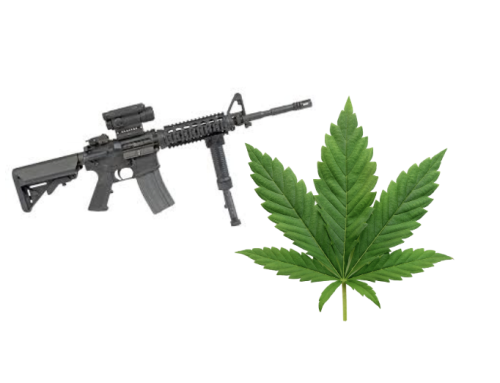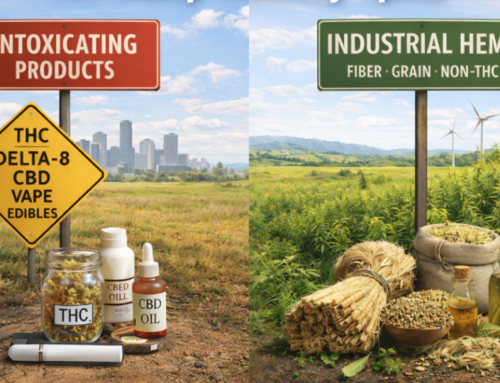The Intoxicating Hemp Ban Is About to Become Law — and It’s a Pyrrhic Victory for Cannabis
LOS ANGELES- The federal government just erased a $20-billion industry under the guise of “closing a loophole.” But rather than protecting consumers, Washington has dealt a crippling blow to both hemp and legal Cannabis — leaving no winners, only fallout.
The U.S. Senate has passed legislation redefining hemp to include all forms of THC — from Delta-8 and Delta-10 to THCA and beyond. The move effectively bans nearly every intoxicating hemp product on the market, marking the most dramatic reversal since the 2018 Farm Bill.
Under the new law, hemp products must contain less than 0.3% total THC on a dry-weight basis and no more than 0.4 mg per package — a standard that instantly disqualifies most gummies, beverages, and vapes now sold in convenience stores nationwide. This ban takes effect within a year, leaving tens of thousands of small businesses with no viable path forward.
“Every hemp plant in the country will have to be destroyed,” Senator Rand Paul warned — a statement that, while extreme, captures the devastation awaiting the industry.
For half a decade, the intoxicating hemp market filled a legal and economic gap that the federal government created itself. The 2018 Farm Bill legalized hemp so long as Delta-9 THC content stayed below 0.3%, opening the door to new cannabinoids and billions in investment.
By 2024, hemp-derived intoxicants had become a $20-billion consumer category employing farmers, chemists, marketers, and retailers across all 50 states. That entire ecosystem now faces collapse.
Instead of regulating innovation, Congress chose prohibition.
At first glance, licensed Cannabis operators may see the ban as a victory: unregulated competitors are gone. But it’s a Pyrrhic victory — one that harms the Cannabis economy more than it helps.
Rather than creating a unified national framework to regulate all cannabinoids under clear potency, safety, and age-limit rules, Washington burned half the bridge. Consumers who once bought tested, labeled hemp products will now return to unregulated sellers online.
And while hemp entrepreneurs go under, licensed operators remain strangled by over-taxation, limited interstate trade, and regulatory gridlock. The market won’t consolidate into strength — it will simply shrink.
A smarter approach would have recognized hemp and Cannabis as parts of a single continuum. Congress could have used this moment to modernize cannabinoid regulation: standardized potency and labeling rules, age-restricted retail frameworks, and testing and taxation parity between hemp and Cannabis.
They could also have kept hemp beverages alone, and regulated hemp beverages exactly like alcohol, using the same legal frameworks.
Instead, policymakers chose speed over structure — and erased one of the few successful, bipartisan agricultural experiments of the past decade.
For the next 12 months, expect a wave of lawsuits, bankruptcies, and lobbying campaigns aimed at delaying enforcement. But the damage is already done.
The intoxicating hemp ban doesn’t protect consumers — it punishes entrepreneurs. It doesn’t strengthen legal Cannabis — it weakens public confidence in both.
A regulated cannabinoid marketplace could have united hemp and Cannabis under a single, transparent framework. What we got instead is another prohibition — and another missed opportunity for progress.




































